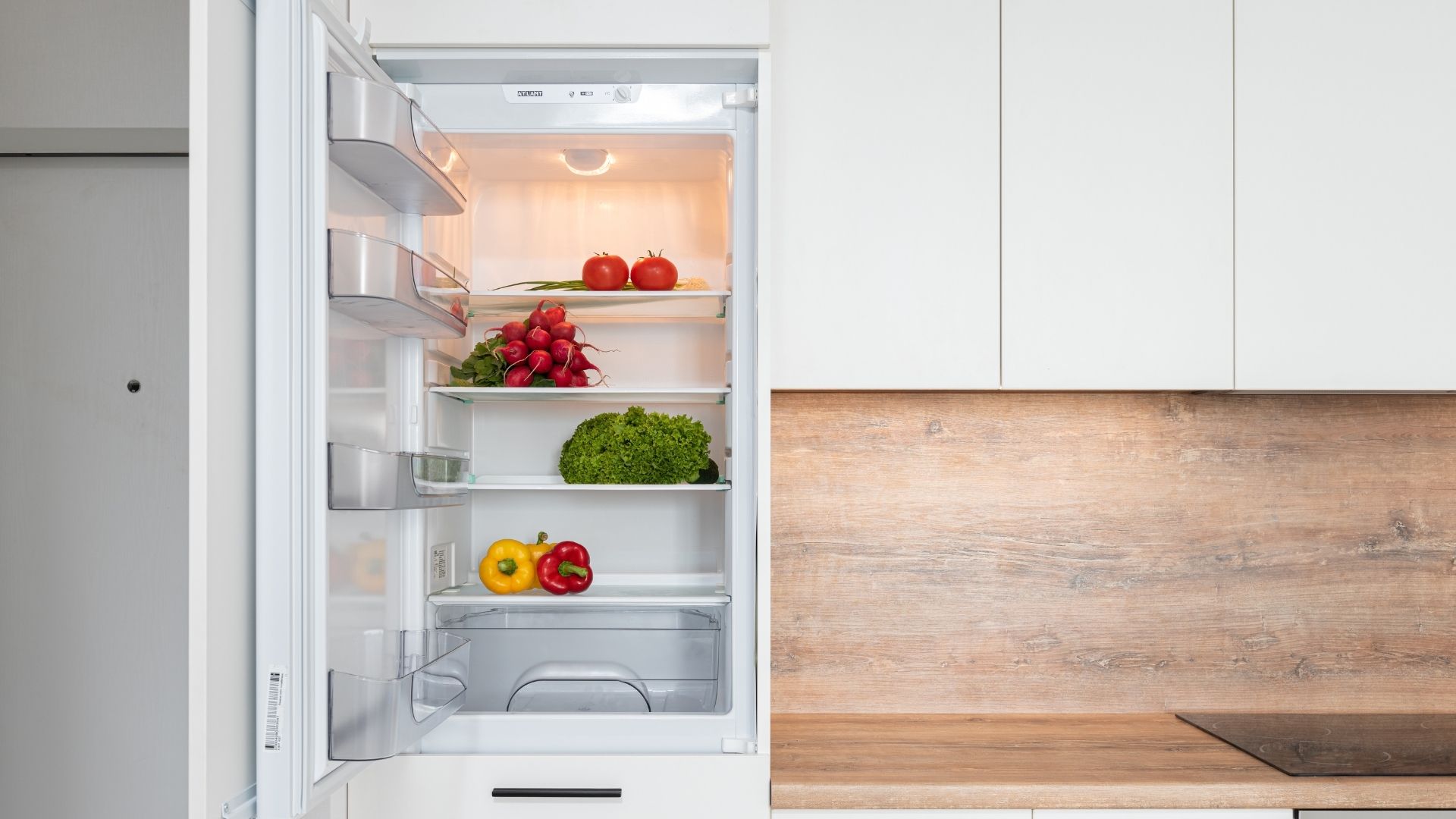Refrigerators - How much do they consume and what powers them?

Every home today has a refrigerator, but how does the cooling process take place and how much does this appliance really consume? Let us find out together with Settala Gas, a company specializing in the production and sale of hydrocarbons also for cooling purposes.
Refrigerators - Functions
The refrigerator was born in the second half of the 19th century to store food and contributed to the progress of globalization and economic development. For its operation, the mechanism involves three main parts:
- Motor
- Compartment with thermostat
- Doors
- The compressor compresses a refrigerant gas such as the PURI|FRIGOR line hydrocarbons produced by Settala, which heats up and is pushed into the condenser
- The condenser dissipates the heat absorbed by the gas to the outside, which is why the coils behind the refrigerator are always very hot
- The high-pressure liquid is pushed through an expansion valve in order to reduce the pressure by regulating its flow to the evaporator
How much does a refrigerator consume?
Refrigerators are running 24 hours a day, so they must be used properly and consciously to limit consumption. Settala Gas' advice is to buy refrigerators of a high class in terms of energy efficiency. Energy classes range from G to A, and in March 2021 the new versions came into effect, which no longer include +.
The purpose is to have a clearer tool that allows faster comparison between products and thus a more informed purchase. Not only that: always on the label, annual consumption expressed in KwH should be checked.
For example, a class D refrigerator consumes 180 KWh annually with an annual expenditure of 41 euros, while those who choose the best energy class will also consume only 21 euros per year. In addition to this, some tricks can be kept in mind to limit consumption and avoid waste such as:
- Prefer freestanding refrigerators rather than built-in ones that get hotter
- Do not overload the refrigerator because the even spread of cold would be prevented
- Open the doors as little as possible, quickly and only when necessary to avoid cold dispersion and a rise in internal temperature
PURI | FRIGOR - Settala Gas' hydrocarbon line
PURIFRIGOR refrigerants produced by Settala Gas have no harmful effects on the ozone layer and are more efficient and less expensive when compared to other gases used in refrigeration. These products are more efficient than HCFC/HFC refrigerant gases and provide considerable energy savings. In the field of refrigeration, both domestic and industrial ones, it is best for those who manufacture or install refrigeration systems to use our hydrocarbon refrigerants since they are completely environmentally friendly and allow for better energy performance.
This, in turn, allows a reduction in CO2 emissions contributing to real environmental protection.
Contact us for more information!




